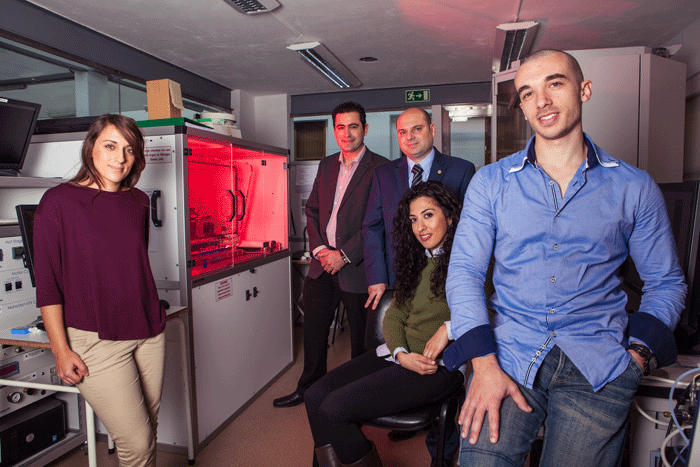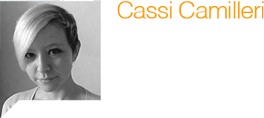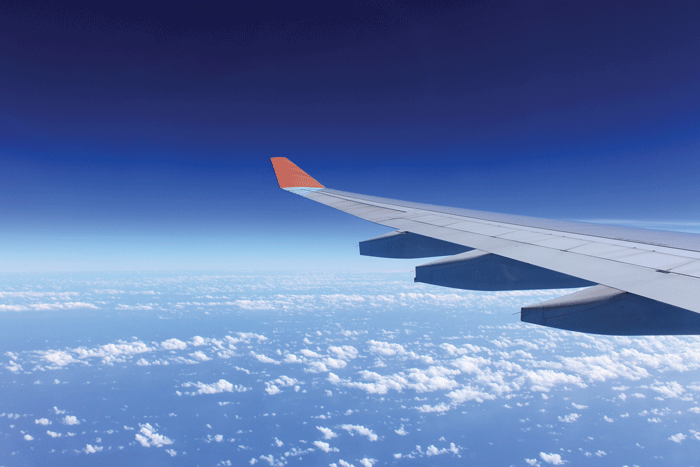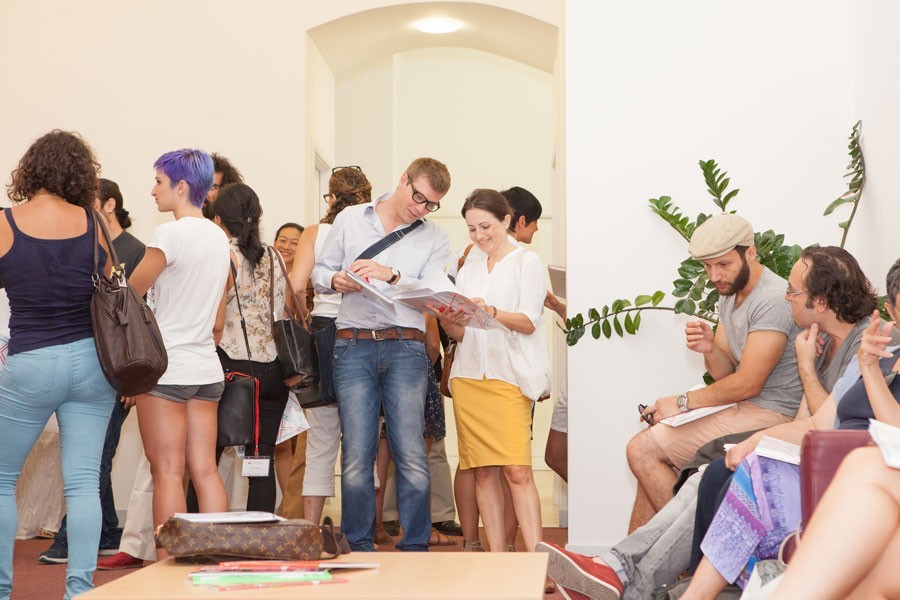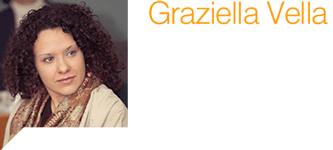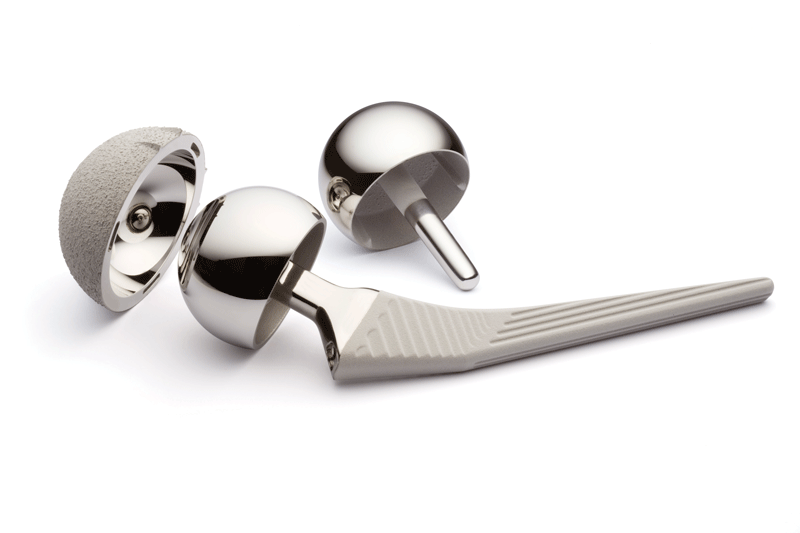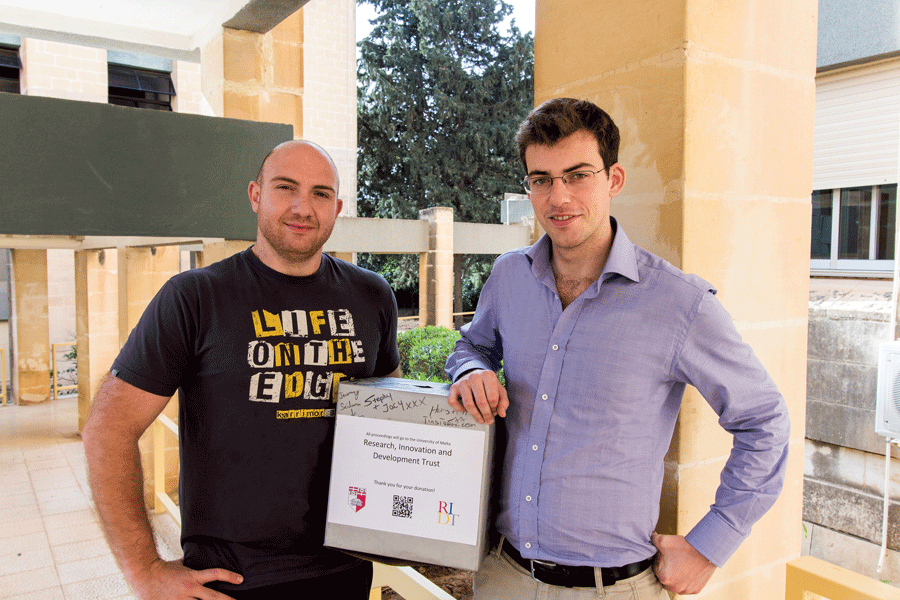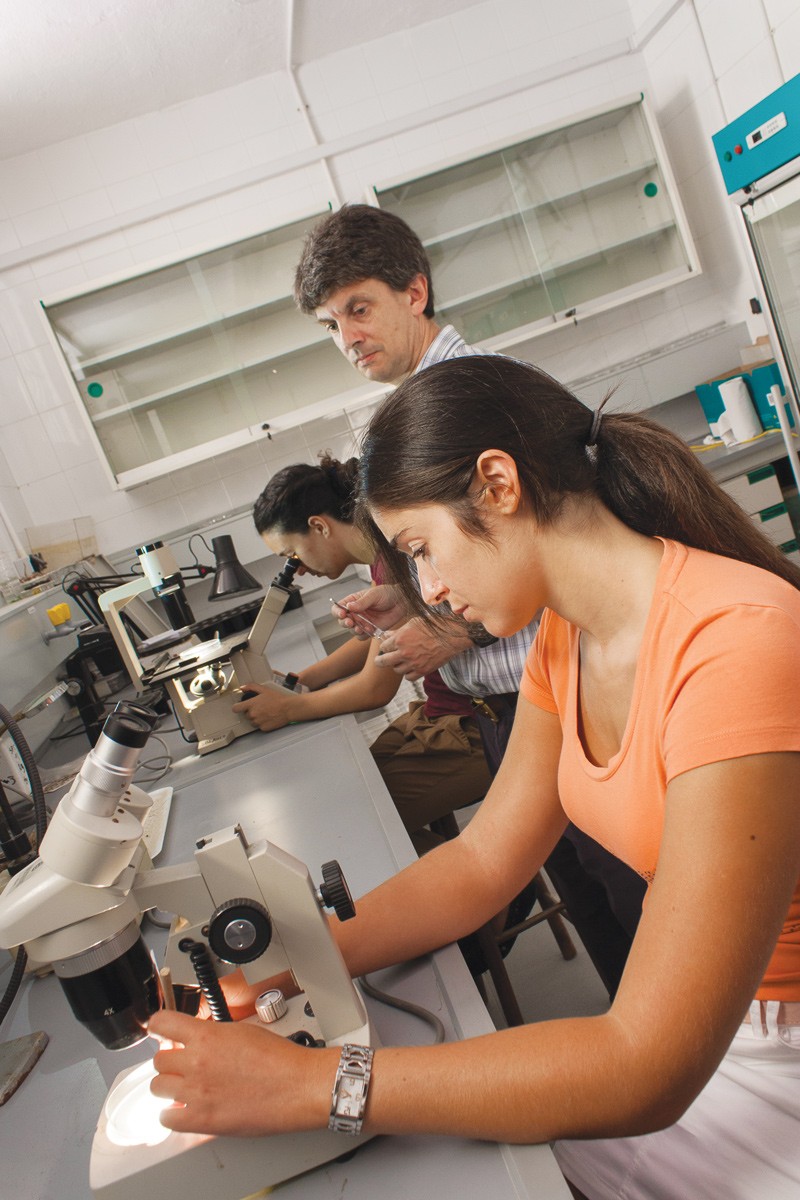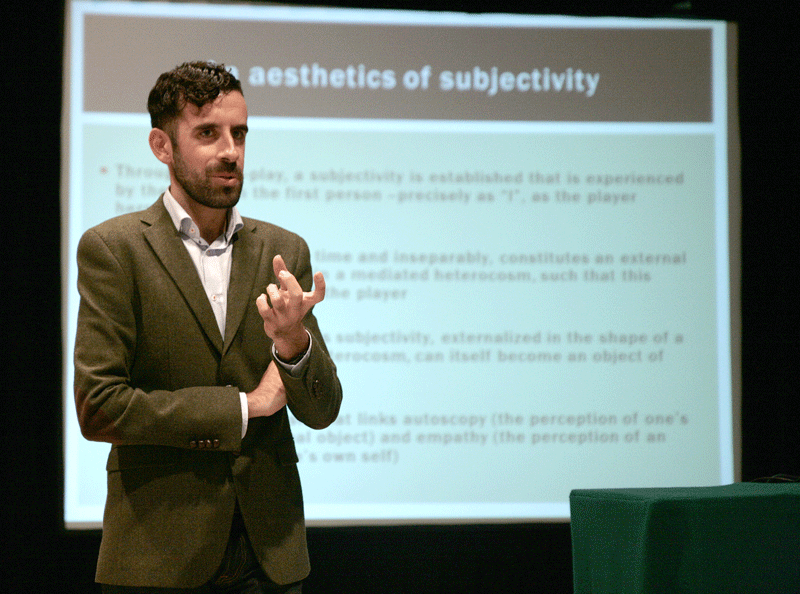Let us fish4tomorrow
All over the world, governments and stakeholders are trying to cope with overfishing. Overfishing is when too much fish is caught which leads to an overall degradation of the marine ecosystem. It is the non-sustainable use of ocean resources. Words by J.D. Farrugia
Continue reading
Lighter and Stronger Planes
Bonnie Attard talks about the aerospace industry and how it can be improved.
I_compute I_create I_am
 Creativity is a quality that we, as humans, think is ours alone. Prof. Georgios N. Yannakakis is creating computers that might have already taken this away from us. Computational creativity is here. His games are helping children be more creative, others to overcome dyslexia, and even combat bullying. Words by Dr Edward Duca.
Creativity is a quality that we, as humans, think is ours alone. Prof. Georgios N. Yannakakis is creating computers that might have already taken this away from us. Computational creativity is here. His games are helping children be more creative, others to overcome dyslexia, and even combat bullying. Words by Dr Edward Duca.
Placing Cultural Research on the Map
The Valletta 2018 Foundation recently started a five-year research study to evaluate and monitor the European Capital of Culture (ECoC) project in Malta. The process combines both quantitative and qualitative approaches to collect data that will be communicated to the general public and interested stakeholders. This research will provide feedback to help fine-tune or correct the Foundation’s operations. The process aims to provide a local model for research in culture and the creative sector in order to encourage more cultural research after 2018.Continue reading
Read my hips, for longer
Research by Josianne CassarContinue reading
Let us set a precedent
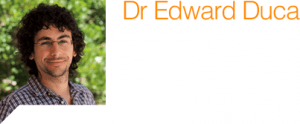 A changing University greeted me when I returned to Malta four years ago. This culture of change has only snowballed as new institutes, centres, and facilities have opened up, backed by personnel that are pushing its research portfolio. To continue supporting this progress the Research Trust (RIDT) is launching a Staff Contribution Scheme as from January 2015.Continue reading
A changing University greeted me when I returned to Malta four years ago. This culture of change has only snowballed as new institutes, centres, and facilities have opened up, backed by personnel that are pushing its research portfolio. To continue supporting this progress the Research Trust (RIDT) is launching a Staff Contribution Scheme as from January 2015.Continue reading
Translating Education
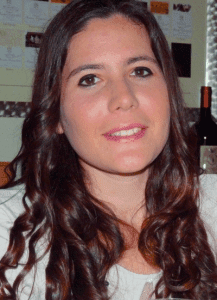
Research by Jana Galea
Language,translation,and education: three hot topics on the Maltese Islands.
Malta invests heavily in education with a big chunk of its budget, strength, and efforts invested to elevate standards. Malta is also largely bilingual. This is even reflected in Malta’s constitution which places both Maltese and English as official languages. Yet, deciding on which language to use to teach children is a thorn in the side of Maltese educational institutions. A viable bilingual policy is still needed.
The European Union places great importance on national languages. This policy elevates the importance of all EU languages no matter the country’s size. The EU releases its documents in each language—a boon for Maltese translation studies. However, there is a clear lacuna in terminology and glossaries for education documents.
Jana Galea (supervised by Prof. Anthony Aquilina) translated an international publication on education into Maltese and compiled an accompanying glossary of educational terms. Translators have to adopt the role of terminologists (professionals who research and locate information or past publications to ensure accuracy and consistency in the usage of terms) when working with specialised terminology, a time consuming activity due to the lack of standardised terms. A glossary of educational terms facilitates translation by providing an easy-to-access reference tool that ensures consistent terminology in translations.
The research tries to show that Maltese and English should not be seen as rivals constantly trying to outdo each other. The Maltese language is part of the country’s unique identity, its most democratic tool, and an official EU language. It is strong and continuously growing, as Prof. Manwel Mifsud stated ‘Ilsien żgħir imma sħiħ, ilsien Semitiku imma Ewropew, ħaj u dinamiku’ (A small but complete language, a Semitic language but European, alive and dynamic). Then there is the English language which is Malta’s main linguistic link to the rest of the world and the carrier of scientific, technological, and informational developments—both languages enrich the Maltese Islands.
This research was performed as part of a Master of Arts in Translation at the Faculty of Arts, University of Malta. It is partially funded by STEPS (the Strategic Educational Pathways Scholarship—Malta). This scholarship is part-financed by the European Union—European Social Fund (ESF) under Operational Programme II—Cohesion Policy 2007–2013, ‘Empowering People for More Jobs and a Better Quality of Life’.
The Pool Party: Life at the Extreme
Shrimps, water fleas, waterworts, and pondweeds, this is one wild party. Dry summers with temperatures of over 40 degrees in summer and flooded winters, life in a rockpool is not easy. Decades of research by local ecologists have shed light on this extreme habitat—Dr Sandro Lanfranco, Kelly Briffa, and Sheryl Sammut tell us more.Continue reading

